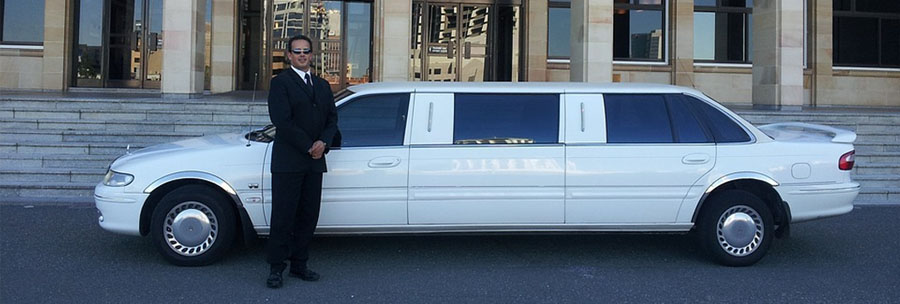Agreed Value Insurance
Agreed value insurance

Agreed value, for the purpose of insurance, is a contract under which the insurer agrees to pay the insured a stated amount in the event of the total loss of the property insured without any adjustment for depreciation or appreciation. Our professional valuation reports will support your agreed value insurance application.
Our valuations include a compliance statement certifying adherence to the Auctioneers and Valuers Association of Australia, a Valuation Certificate and a Comprehensive Report to support our conclusions.
Our team are experts in their field and accredited with the Australian Valuers and Auctioneers Association (AVAA).

